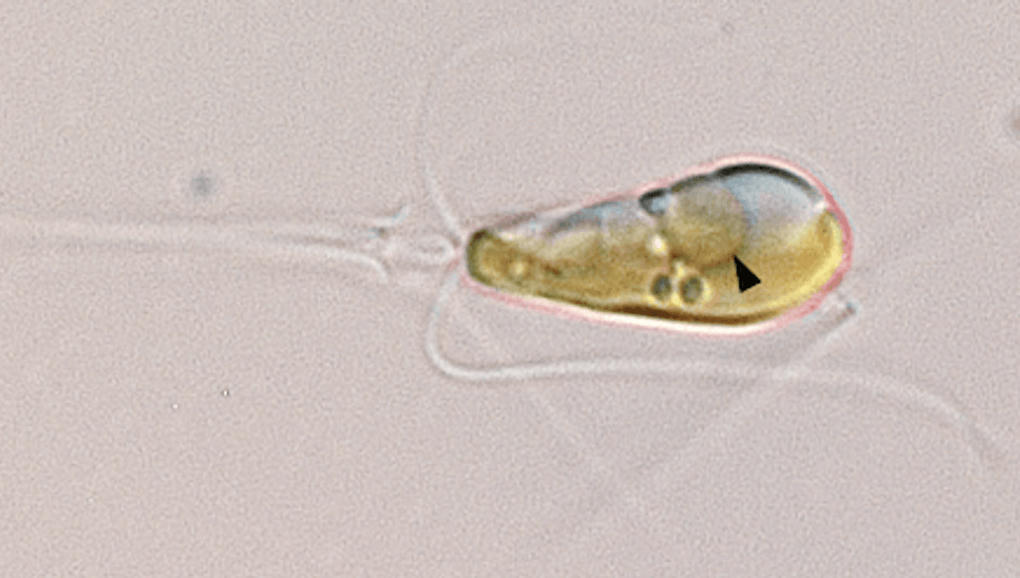
The first-ever nitrogen-fixing organelle in a eukaryotic cell has been confirmed.
An event that is only known to have happened three times before in the history of life on Earth has just been documented again. A marine bacterium was subsumed into its algal host organism, co-evolving with it for long enough that it can now be considered an organelle, part of the alga’s cellular machinery. That means these algae are the first eukaryotes (organisms with their DNA in a membrane-bound nucleus) known to contain an organelle capable of fixing nitrogen.
“It’s very rare that organelles arise from these types of things,” said Tyler Coale, first author of one of two recent papers on the discovery, in a statement.
“Very rare” could actually be considered an understatement. The first time this happened – as far as we know – it gave rise to the very first complex life by birthing mitochondria. Since then, it’s happened twice more, including over a billion years ago, marking the dawn of plant life on Earth by giving us the chloroplast.
The groundwork for the latest finding was laid almost 30 years ago, when a team led by UC Santa Cruz Professor Jonathan Zehr discovered a new cyanobacterium in the Pacific Ocean with the ability to fix nitrogen. That’s the process by which microbes pull free nitrogen from the environment and combine it with other elements to form new nitrogen compounds, like the fertilizers that are essential for life to thrive.
Read the full article at: www.iflscience.com